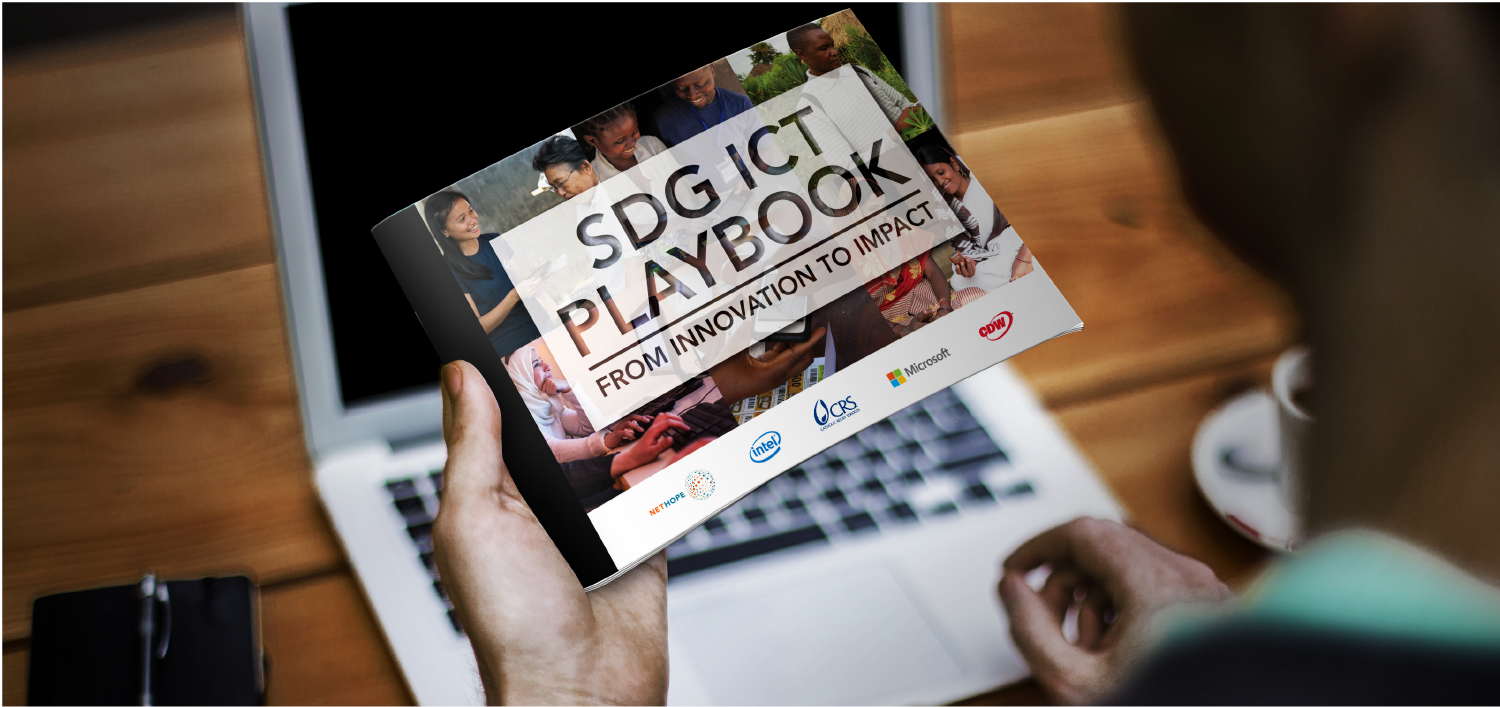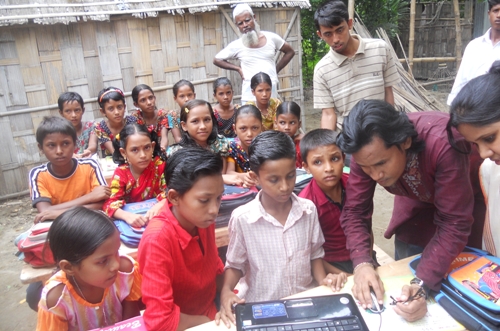Makerere University is one of the oldest and most well reputed universities in East Africa. As a leading institution in the field, Makerere, or Mak (pronounced Muuk) as it’s affectionately called, has had a prolific distance learning program since the early 1990s. Much of this program followed the historical route of paper based correspondence learning until the early 2000’s.
Today, over 26,000 users traverse the Mak Moodle site each year, a site that only crashes around finals time. Like most higher education institutions, Mak’s elearning team runs the front end of their learning management system, in this case Moodle, with the IT department heading up the back end support. Mak’s Moodle supports 9 colleges and numerous projects.
But while Mak’s eLearning department is nothing to brush off as a “pilot” or “pet” project, Mr. Tito Okumu, who I met with in early February, head of the eLearning team, does have some interesting insight into challenges in eLearning in Uganda.
First, there’s the unique problem of funding sources and projects. Just like international development projects, educational projects have various funding sources in Uganda, some from international donors, some national. As a result, each project that wants to run a learning management system like Moodle, runs into the “re-creation of the wheel” syndrome, where they need their own Moodle, with their own Front page. Where does that leave Mak? With more Moodle sites running than the university knows what to do with, some with end dates, some ongoing.
Second, students at Mak are pushy! They are charged a technology fee annually and are set on seeing that fee realized in the form of online learning and access to learning materials. Makerere students have a history of striking, and strikes can quickly turn into riots. As such students have some ability to force faculty to use the Moodle system. What interested me when speaking with Mr. Okumu was that students are interested in using Moodle. He credits the technology fee that they are charged, but as a recent graduate student myself, I wonder if students are just more interested in using Moodle because they can access their readings remotely, they can check the syllabus, and they have a general understanding of what they are supposed to be doing in class just by going to a website.
Mak’s Moodle has an offline backup called “Poodle.” Poodle is almost identical to Moodle, but does not and cannot access the internet. Poodle has served the eLearning team at Mak’s purposes during the frequent power outages that make online learning a frustrating experience in Uganda.
All in all, Mr. Okumu provided valuable insight into particular challenges in eLearning in sub-Saharan Africa. As techies will, the eLearning team at Mak finds “work arounds” where they use offline content, tech trainings for faculty and many Moodles to meet the needs of the growing eLearning community in Uganda and throughout the region.
If you’re interested in learning more about education and technology, have a look at “The New Technologies for Educational Practice” as well as our other training programs on the TechChange site.



